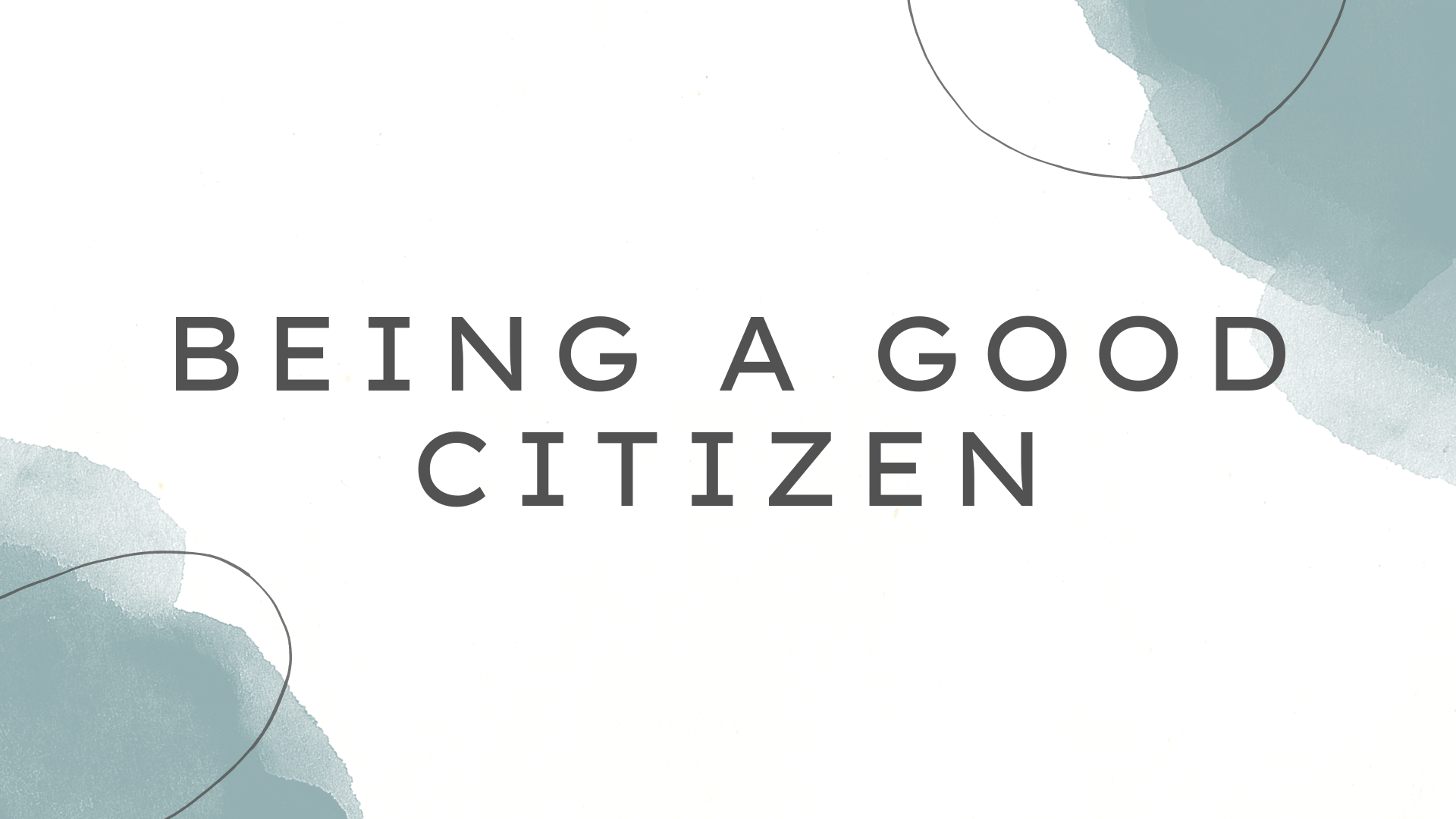18 How to be a Good Citizen
Learning Objectives
By completing this section, you can:
- Identify how to be a respectful and considerate individual.
- Learn how to be kind, respectful, and helpful on a personal, communal, and environmental level.
- Explore options of how to be a good citizen.

Being a good citizen involves being a respectful individual.
You can practice being a good citizen in your relationships with yourself, your friends, your family, and to peers, partners, children, strangers, and even animals and the environment.
A simple checklist can help you recognize each day if you are practicing being a good citizen. Use this guide, or create your own questions to assess yourself.
Good Citizen Checklist Guide
This checklist can be adapted into a routine at any point in the day. For example:
- In the morning, ask how it can be achieved.
- In the afternoon, ask is it being achieved?
- In the evening, ask was it achieved?
Ask Yourself:
- Have I been attentive to my needs and wants today?
- Have I been kind and respectful to myself today?
- What have I done today that has made me feel good?
- What have I done today that helped me grow?
- How did I make a difference today?
Ask About Others:
- Have I been attentive to other peoples’ wants and needs today?
- Have I been kind and respectful to others today?
- Have I done anything today to make someone else feel good?
- Have I done anything today that helped someone else?
- How did I make a difference in someone else’s day/life/mood today?
Ask About the Environment:
- Have I been attentive to my environment today?
- Have I been kind and respectful to my environment today?
- Have I done anything today to make a difference in the environment today?
- Have I done anything today that helped the environment?
The purpose of asking yourself questions is a reminder that everyday is a new opportunity or a fresh start to be better than you were the day before.
Examples of How to be a Good Citizen
- It doesn’t need to be a grand gesture or display of growth and change, but being cognizant of your wants and needs, feelings and behaviours, and moods and responses can all make a difference in your approach to each day.
- Asking questions pertaining to others is a good way to assess how you interact with others and the impact that may have on yourself, them, and your community.
- Simple acts of kindness such as smiling at someone as they walk by or offering to hold a door open for someone behind you can kickstart a chain of positive events in the people around you.
- Asking questions about the environment is a way to respect the area you exist in.
- Whether you go out of your way to pick up a few pieces of litter each day or show a little extra appreciation for the sun that keeps you warm or the trees that help you breathe, the appreciation you show your environment has an impact on you and your community.
- Whether the difference you make is small and personal, or large and outwards, it is a step in the right direction.
Social Situation Simulator
Chapter Progress


